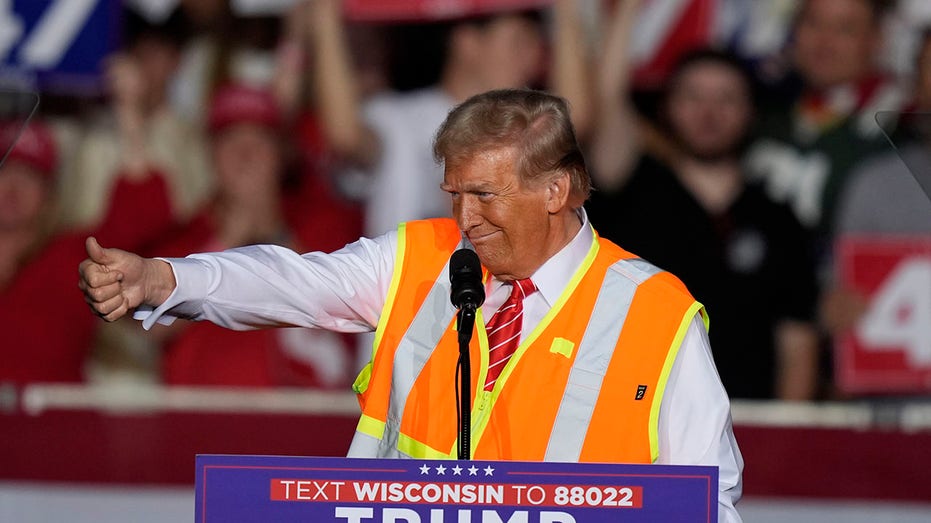The political landscape is often fraught with high-stakes maneuvers, intricate strategies, and unforeseen events. Yet, amid the clamor and commotion, the smaller, often-overlooked elements can sometimes hold disproportionate sway over a campaign’s fate. In recent times, political analysts observe what they term a “garbage” campaign—a term used to describe the accumulation of small mistakes and distractions that collectively have the potential to significantly impact the race.
The notion of a “garbage” campaign comes into play when minor errors and off-the-cuff remarks generate significant media attention or public backlash, overshadowing the core messages and platforms candidates aim to push. Political campaigns are precisely orchestrated events aimed at highlighting a candidate’s strengths and promises. However, when distractions and mistakes begin to dominate the narrative, they can steer the public discourse into uncharted territories.
Although these mishaps may seem trivial at a glance, they quickly accrue momentum. With the 24/7 news cycle and the instantaneous nature of social media, no misstep is too small to escape scrutiny. What might have once been a brief lapse of judgment can rapidly escalate into widespread controversy. This can lead to a phenomenon where candidates find themselves spending more time managing damage control over trivial issues, rather than promoting their substantive policy positions.
The potential for such a campaign environment arises from several factors, including the heightened polarization of the electorate, where partisan media outlets and users of social media are eager to pounce on any opportunity to undermine opponents. Missteps from candidates or their affiliates that used to be mere footnotes can now be fodder for viral content and contentious debate. This transformation of small errors into conversation dominators is amplified in close races where every vote counts.
Moreover, the rise of misinformation and disinformation has made it easier for erroneous narratives to gain traction. Opponents can exploit mistakes, often twisting the context for maximum damage, which in turn detracts from genuine political deliberations and discussions.
While these dynamics might paint a picture of chaos, not all candidates are affected equally. Those who have established strong personal brands may weather the storms of distraction better, as their solid base of supporters might discount errors as minor blips. On the other hand, those still in the process of building their electoral profiles may find themselves more vulnerable to the repercussions of the “garbage” campaign phenomenon.
In conclusion, the impact of mistakes and distractions on campaign outcomes is an evolving aspect of modern elections. As candidates navigate the increasingly complex and high-pressure environment of political competition, their ability to maintain focus on their core messaging while deftly handling these disruptive elements will be crucial in determining success or failure in such a fraught political climate.
































